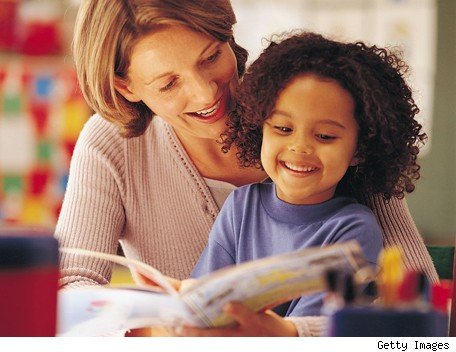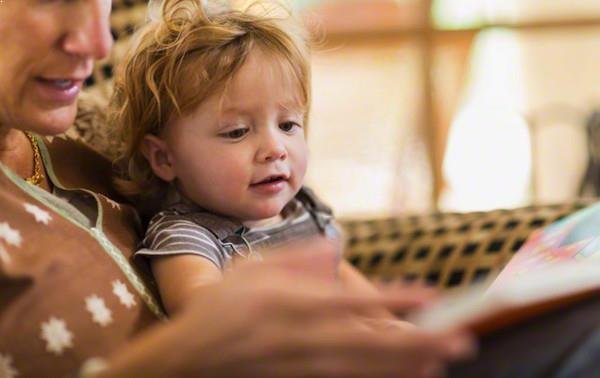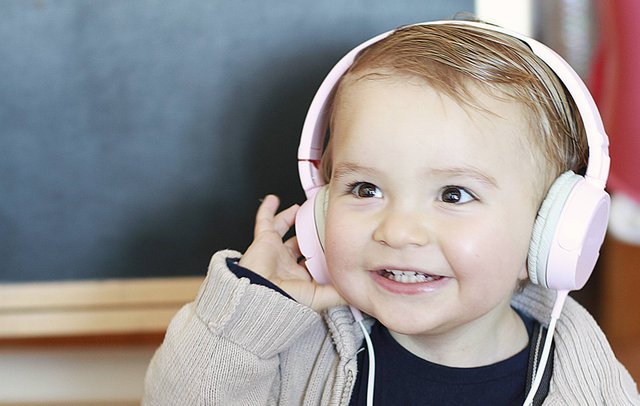Early literacy is important for children.
Before children reach the age to read and write, it is important to develop their literacy skills early, which has led to an interest in reading and increased exposure to books and languages.

Source
Language proficiency, reading and writing skills require children to master some basic skills, and the first three years of a child's life are the most important moments.
Meanwhile, their activities of daily living shaped the children's early literacy skills.
Early literacy is important for brain development.
Interactions like hugging, chatting, reading help grow 75% more. The more stimulation, the faster it progresses.
To develop early childhood literacy skills, there are five practices that parents can use as a guide when reading with their children:

Source
To play:
It is important to make reading and learning experiences fun and positive to keep children interested. Parents can use books with game elements like "lift the lid", touch and "pop-up windows" to make them more interactive.
To write:
Parents can let their children write or draw letters, numbers, shapes, or objects they see in the book to help them identify the characters. Parents can also use books about numbers, letters, shapes, sizes, colors, and more to introduce different concepts to their children.
Conversation:
Parents are encouraged to read to their children, to help them learn the language and learn new words. This will allow children to develop their understanding of the language, which will support their learning of written words.
Singing:
Parents can sing rhythmic poems to their children, to increase their awareness and sensitivity to the sound of words. This will allow children to develop their understanding of language and learn to read. Parents can refer to books such as rhythm poems for children.
Read:
It is important for parents to read with their children as it develops the vocabulary, understanding, and general knowledge necessary to improve their ability to read as they grow up. Parents can use books on a variety of topics appropriate for young children, such as work and animals.
Rhythmic poetry and songs play an important role in developing early literacy skills.

Source
Listening to a variety of sounds through the environment and rhythmic poetry helps build the basics of reading and writing skills.
Children love to listen to songs full of rhyme, rhythm, and repetition.
Rhythmic poetry and children's songs are important in terms of cognitive development.
It helps increase vocabulary and understand how words, such as phonological awareness, and syllables are formed.
Children also learn about rhythm, thereby strengthening their fine and gross motor skills and memory.
Rhythm poems and children's songs also have narrative characteristics that stimulate interest in reading.
On the social side, it can strengthen communication skills, develop self-confidence, and foster parent-child relationships when done together.
It is here that parents play a role in building their children's trust.
Parents can sing songs and rhymes slowly with clear pronunciation and tone.
They can also wear accessories and involve children in activities that involve movement.
Rhythmic poetry and children's songs are effective in helping children learn new concepts, such as animals and shapes.
To teach children how to identify syllables, parents can also encourage their children to clap each time the syllable is spoken.
Parental involvement is important to foster children's interest in reading.
Reference for information
https://eligeeducar.cl/alfabetizacion-primeros-anos-aprendizaje
http://fundacionfundabe.blogspot.com/2013/07/alfabetizacion-temprana-labor-conjunta.html